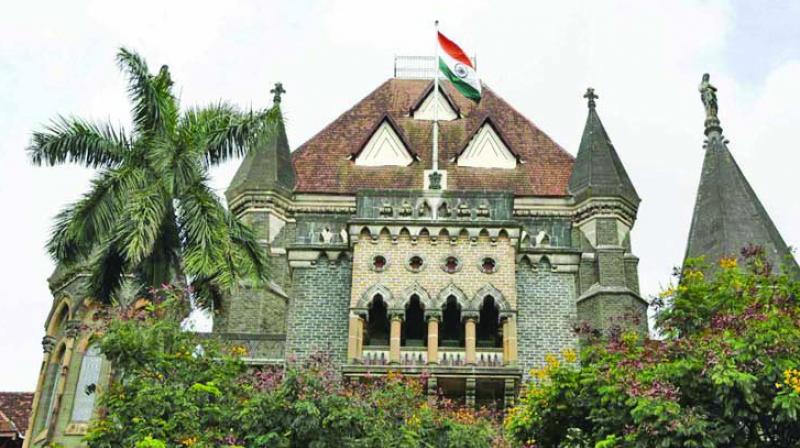Bombay HC disposes PIL against online sale of medicines
The court noted that attempts were being made by the Centre to ensure that e-pharmacy portals complied with substantive laws.;

Mumbai: The Bombay high court has disposed off a public interest litigation (PIL) filed against the online sale of medicines, after the ministry of health and family welfare’s proposed to amend the Drugs and Cosmetics Rules, 1945, to define e-pharmacy portals.
The court noted that attempts were being made by the Centre to ensure that e-pharmacy portals complied with substantive laws.
A division bench of Justice Pradip Nandrajog and Justice N.M. Jamdar was hearing the public interest litigation filed by a city college professor Mayuri Patil in 2015, demanding that the online sale of medicines, including “schedule H” drugs which cannot be sold without a doctor’s prescription, be
regulated.
The whole process of supply of drugs by such websites is in violation of the Drugs and Cosmetics Rules, 1945, according to the PIL which accused the websites of not observing the provisions made under various laws.
The PIL also sought to know if these websites have a licence to sell schedule H medicines such as diazepam, lorazepam and insulin among others. The PIL cited rules dealing with cash memos, prescriptions and other particulars. The PIL also prayed for a committee to be set up to make a list of all such portals.
Recently, online drug selling companies claimed in the court that they have statutory licences under section 20 of the Drugs and Cosmetics Act, 1945. They also told the court that they do not sell schedule drugs merely on demand. They informed that they asked customers to upload the doctor’s prescription and transmit the same to them on WhatsApp.
The Union of India told the court that the ministry of health and family welfare had proposed to amend the Drugs and Cosmetics Rules, 1945. The draft rules had been promulgated on August 28, 2018, inviting objections and suggestions.
The court noted, “We have perused the draft rules and noted that an attempt is being made to ensure that e-pharmacy portals comply with substantive laws.” The court also felt that the petition had served its purpose and hence, disposed of it.


